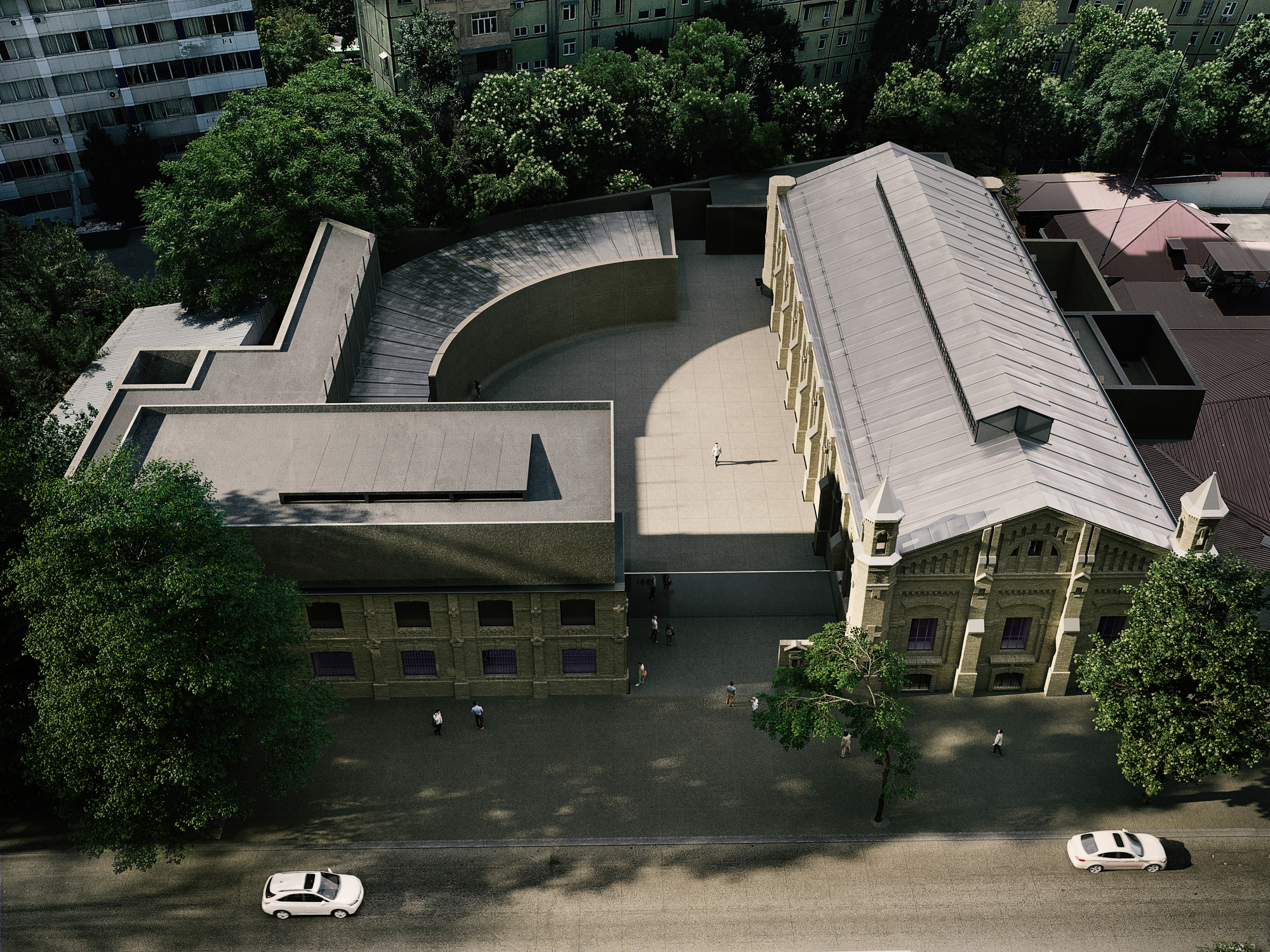
"The Uzbekistan Art and Culture Development Foundation (ACDF) has announced the transformation of a 1912 industrial building in Tashkent into the Centre for Contemporary Arts (CCA), set to become the first permanent institution dedicated to contemporary art and research in Central Asia. Designed by the French architecture practice Studio KO, led by Karl Fournier and Olivier Marty, the project integrates preservation of the city's industrial heritage with a new cultural identity for the historic site."
"The building, originally designed by Wilhelm Heizelmann, known for the Treasury Chamber, was constructed as a diesel station and depot for Tashkent's first tram line. After decades of serving the city's electricity network, the structure was transferred to the Foundation in 2019 as part of Uzbekistan's long-term cultural development strategy. Under the leadership of Gayane Umerova, the project now represents a major step in shaping a contemporary cultural infrastructure for the region."
"Retaining the industrial character of the structure while introducing new design elements, the project engages with traditional Uzbek materials and light-filtering motifs to create spaces that are both contemplative and adaptable. As the architects explain, the goal is to "honour the memory of a powerful industrial building while giving it a new poetic life." Through this strategy, the building becomes a vessel for cultural exchange, designed to evolve alongside the diverse programs and ideas it will host."
The Centre for Contemporary Arts converts a 1912 industrial diesel station and tram depot in Tashkent into Central Asia's first permanent contemporary art and research institution. French practice Studio KO, led by Karl Fournier and Olivier Marty, preserves the building's industrial character while adding new design elements that draw on traditional Uzbek materials and light-filtering motifs. The structure served the city's electricity network for decades and was transferred to the Uzbekistan Art and Culture Development Foundation in 2019 under Gayane Umerova's leadership. The project creates contemplative, adaptable spaces for exhibitions, research, and cultural exchange and will open fully in March 2026 with the inaugural exhibition Hikmah.
Read at ArchDaily
Unable to calculate read time
Collection
[
|
...
]